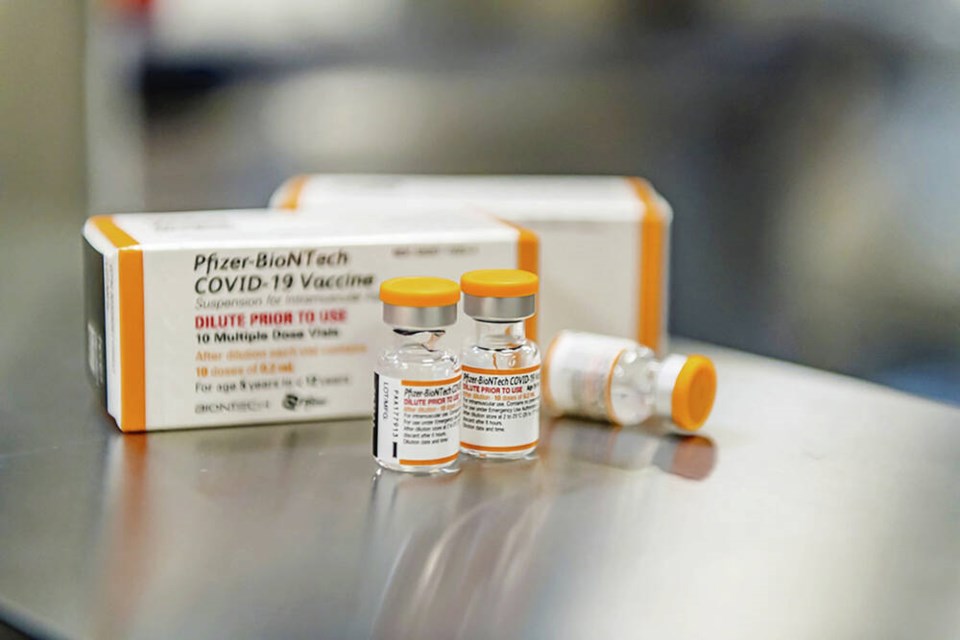A commentary by a retired family physician.
I personally find it difficult to begin to understand the anti-vaccination movements, and I feel the threats of violence to public-health staff are unacceptable and incomprehensible. I have, however, tried to look at this from a historical perspective.
The first investigation of immunization was by an English physician, Dr. Edward Jenner, in 1796. He noticed that milkmaids seemed to be immune to smallpox. He, very astutely, postulated that this was because they had been exposed to the weaker cowpox virus.
He went on to inoculate a 13-year-old boy with fluid from a cowpox lesion — and was able to demonstrate this youngster had become strongly immune to the devastation of smallpox.
This was adopted by public health in 1798, but precipitated serious anti-vaxxer riots, for example in Montreal in 1885 and Toronto in 1919. The literature over the 20th century is peppered worldwide with many, many demonstrations and legal challenges against vaccinations.
Anti-vaxxers are not an uneducated rabble. Nor are they benign.
One egregious example is the British physician Dr. Andrew Wakefield, who in 1998 published a paper in the prestigious medical journal The Lancet stating that there was a relationship between MMR vaccination and autism.
This was picked up by the press and widely disseminated — and it still fuels parental anxiety today. In 2010, the Lancet had to officially withdraw the paper because it contained falsified data.
Wakefield was “struck off” the medical register and was accused of an untenable conflict of interest since he received payments from an insurance group for this “research.”
One of the problems, I think, is that immunization programs have been the author of their own disasters. In other words, because they are so effective, many illnesses have almost disappeared, so they are no longer considered to be a risk and “so why bother.”
The success of public health measures and vaccination programs is reflected in that in 1980 the World Health Organization was able to declare that smallpox has been entirely eliminated worldwide.
Polio vaccinations (developed in 1955-1958) have reduced global polio from 350,000 cases in 1988 down to just 22 in 2017. This is a tremendous, but lamentably underappreciated, achievement.
During my 50 years as a busy family physician I saw just one case of tetanus, a handful of cases of diphtheria and not a single case of active TB; furthermore, I observed a notable reduction in children presenting with whooping cough, measles, mumps and German measles along with the sometimes dreadful complication of these childhood diseases.
So to put it into perspective, we are in the middle of a pandemic which is going on longer than anticipated and, alas, longer than it need to have.
Unlike the last pandemic — the Spanish flu — there is now available an effective and plentiful supply of effective vaccines.
There is, however, nothing new under the sun. Anti-vaccine activists have been around as long as vaccines. Unfortunately, an awful lot of disinformation is widely and immediately spread by social media.
This is further aggravated by the rise of populism, which in itself is stoked by the internet.
It is, however, reassuring that in spite of opposition and noncompliance, two devastating medical conditions have been eradicated and many other conditions significantly reduced.



